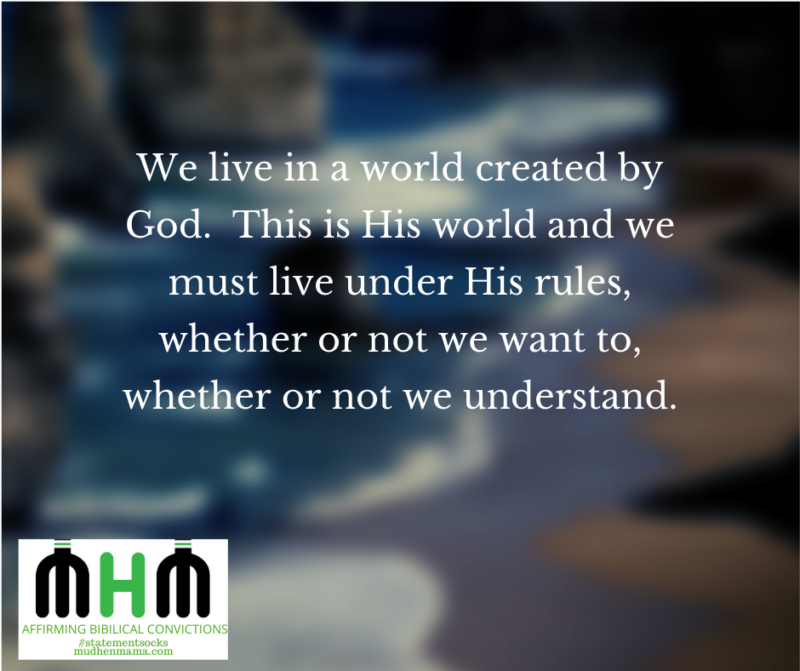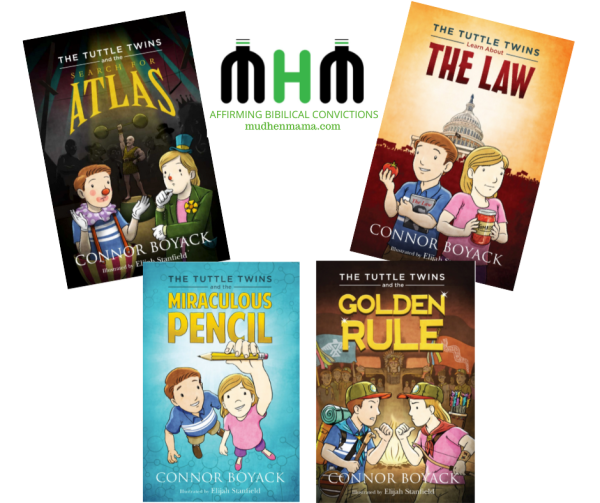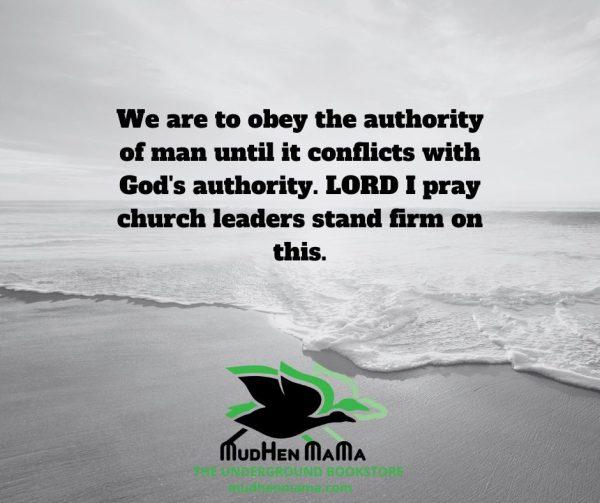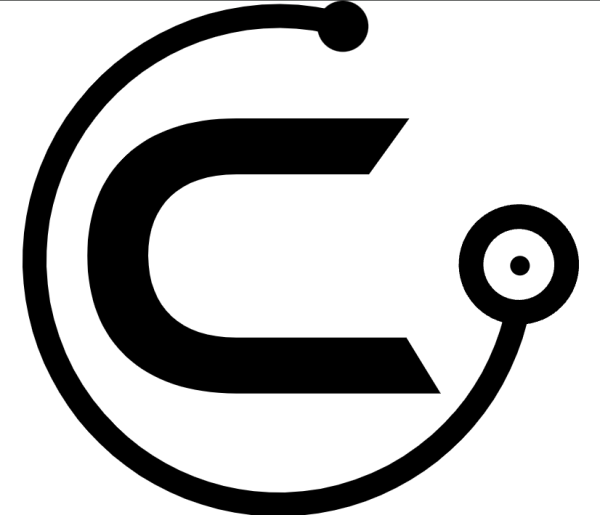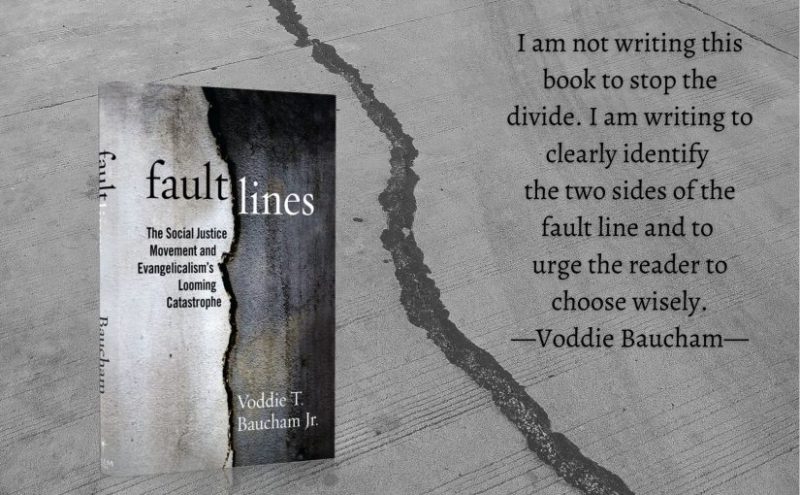
I have been so excited to read this book since it first came out. It’s taken me forever to get through it, though, not because it’s not excellent (because, come on now, it’s Voddie; enough said!!). But life gets in the way and by the time I rolled into bed every night, I’d get about 3 pages read and I’d fall asleep in pure exhaustion pretty much every night. I guess that’s what happens when you have 9 kids, and the last 2 are twins! So it may have taken me a while, but I’m so, so glad I was able to read Voddie’s words and the Biblical wisdom he shares throughout the book.
My Awakening
This past year has been a true awakening for me, but not in the way that I would have expected or liked. The division in the church is very real, and in general, the division over the worldview which encompasses the definition of justice has only deepened with time. That is one of the first points that Baucham points out in his introduction. And he has great insight into this: “…the division it is causing is necessary,” (page 6).
I hate that this is even remotely accurate, but it nonetheless is. On one side “..is the Critical Social Justice view – which assumes that the world is divided between the oppressors and the oppressed (white, heterosexual males are generally viewed as “the oppressor”),” (page 6). The other side is the Biblical Justice view, which as Allie B. Stuckey has accurately and repeatedly said is: “1) truthful, 2) impartial, 3) direct and 4) proportional.”
Becoming Voddie
In the next few chapters of the book, Baucham delineates his childhood and youth. This man was not raised in a good Christian home with an intact family unit. Rather, he was raised by a single, teenage mother in South Central Los Angeles, CA. They eventually landed in Texas, and Voddie found himself incredibly successful in sports (namely, football) and academics. By the grace of God, he had an amazing, strong, hard working teenage mother who supported him, and some wonderful family members who stepped into the gap that was left by his absent father, including his uncle, Luther, or Uncle Kid as he was commonly called.
He openly embraced his ethnicity, identifying strongly as a Black Christian after his conversion. By his own admission he was “more black than Christian,” (page 26). But with time, he realized that with that identification, he was inadvertently continuing to pursue segregation within the Church of Christ. “I was not aware of, nor had I ever met, a black pastor who was working for or even passionate about racial reconciliation… I was coming face-to-face with brothers who, through tear-stained eyes, were begging God to diversify His church, and all of them were white,” (page 34).
Voddie’s bold decisions
Because of this realization, Voddie decided to join a predominantly white church. Sadly, this came with its consequences from both white and black Believers. But Baucham continued to serve the LORD, and after a few years, ended up in Africa helping to start a University in Zambia. There his perspective was greatly broadened in two major ways about social justice: “1) I have come to understand that the Critical Social Justice (CSJ) movement is global… power and resources must be redistributed not only within nations, but between them. And since America is the wealthiest nation on earth, guess who needs to “Check their privilege”?” and “2) … not all cultures are equal, (and) that Christian culture has produced the highest levels of freedom and prosperity and the lowest levels of corruption and oppression in the world,” (page 38).
What is our standard of justice?
Since Baucham has been more of an observer of what has been going on in the States these last few years, he has been able to be more objective. I appreciated how he was able to point out that we are all biased and that “if one gives an answer before he hears, it is his folly and shame” (Prov 18:13)…And here is the key: People are ignoring these principles because the standard of justice upon which their pleas are built does not come from the God of the Scriptures,” (pages 44-45).
Further on in the book, Baucham outlines specific statistics and data, and interprets them in order to bring a more objective perspective to many of the arguments presented by Social Justice Warriors (SJW’s) in the culture today. The information is incredibly revealing. As Ben Shapiro has said often, “Facts don’t care about your feelings.” As Believers, we are called to lead our hearts by Truth, rather than be lead by our fickle feelings and personal perspective, which is central to the Critical Social Justice worldview.
What’s all this anti-racist talk about?
Voddie also expands on the anti-racist religion that has been popularized more than ever these past couple of years. There is even a gospel associated with this “religion,” including the doctrine of total depravity. “However… this depravity is not shared by all humanity by virtue of having descended from Adam (Romans 5:12), but is limited to a certain spectrum of the melanin scale,” (page 96). “… the gospel of antiracism, where there is no freedom – at least, not for white people.”
For many in the Church, we would rather just avoid these hot button topics. We want to avoid them in order to side step making anyone uncomfortable or heaven forbid, talk about anything political. So many in the church live by, what Voddie sadly but hilariously refers to as: “The Eleventh Commandment… thou shalt be nice… and we don’t believe the other ten,” (page 132). But if we don’t bring clarity and truth to the current situation we are living in, the fault line won’t just go away. It will remain. Avoiding the disaster is not an option. “This catastrophe is unavoidable,” (page 138). We must speak to the issues of our culture now, while we still freely can.
We are at war but we are well equipped
Towards the latter half of the book, Baucham discusses The Dallas Statement, Resolution 9 from the Southern Baptist Convention, Abortion, and BLM, to name a few things. One thing is clear. We truly are at war (page 206). And that war is primarily spiritual. I love that Voddie reminds us that our weapons of war are powerful and spiritual, including the Truth of the Gospel and the Truth of Biblical Justice (pages 210-217).
I pray that as we listen with compassion to our brothers and sisters, we do not stop there. But we share Truth with them and take every error in thought captive (page 223). The gospel is all about how the LORD through Christ forgives us our sins when we repent and accept Him as LORD and Savior. And since He forgave us, we forgive others in order to “heal our wounds” (page 229). I also pray we are encouraged by Voddie Baucham’s words and we walk courageously in the Truth of Scripture in this chaotic and confused culture the LORD has placed us in.
The light shines brightest in the dark, and even more so as the darkness deepens. LORD, help us shine for You. And praise the LORD for Voddie Baucham! Support him and his ministry, and BUY THIS BOOK! I promise you, you will not regret it.

